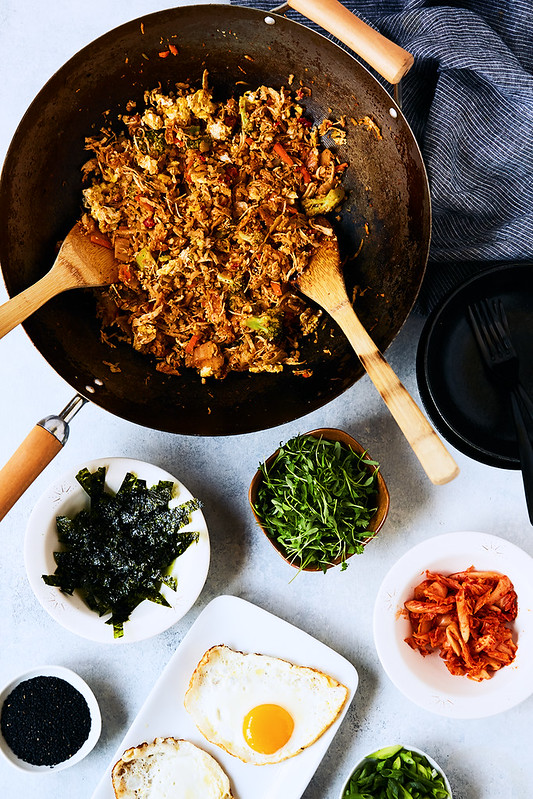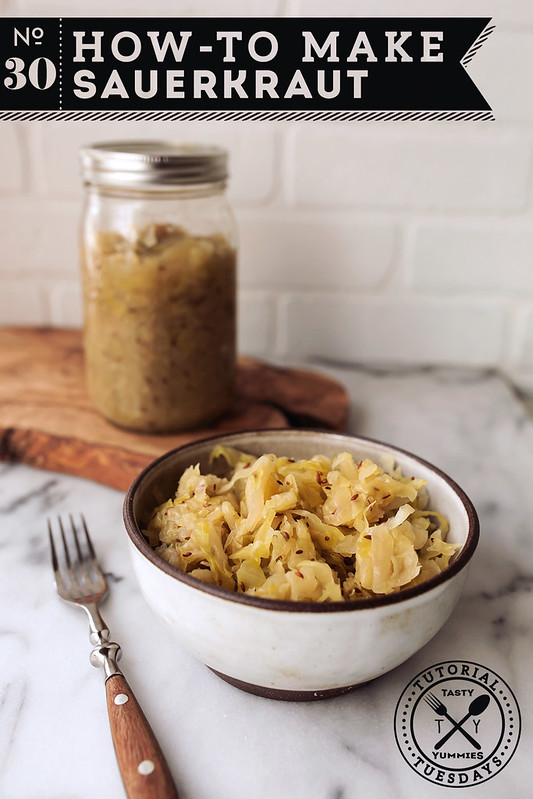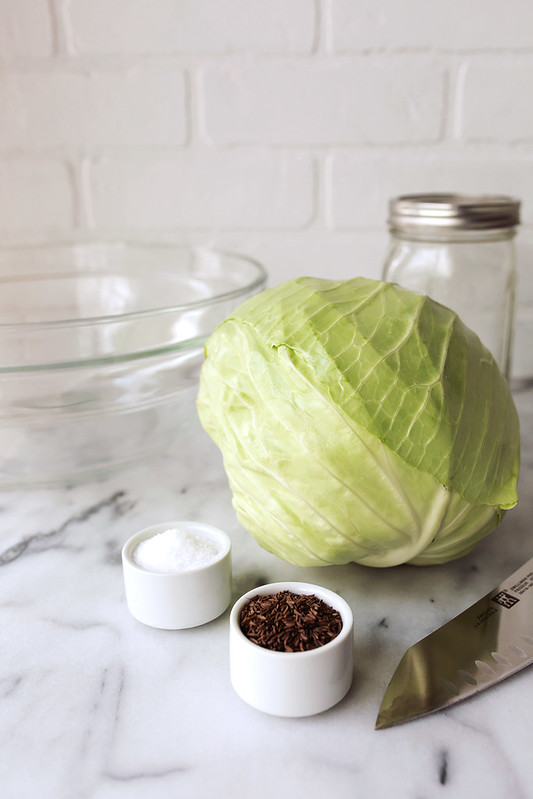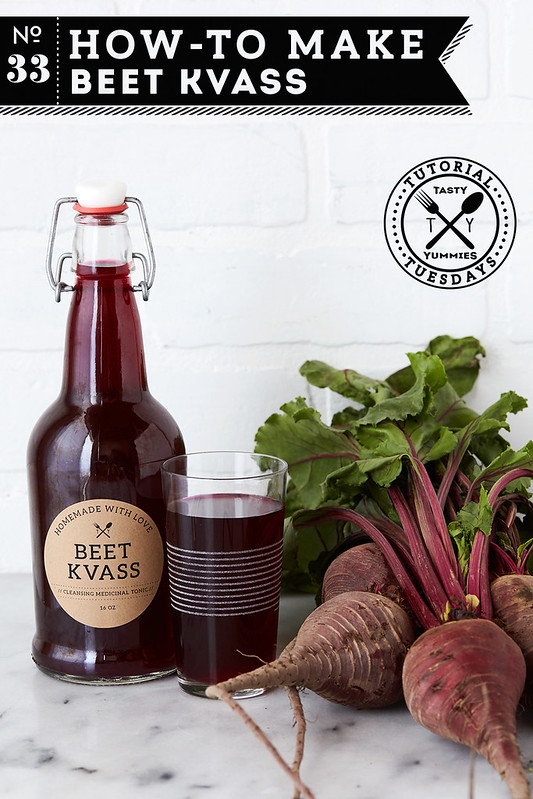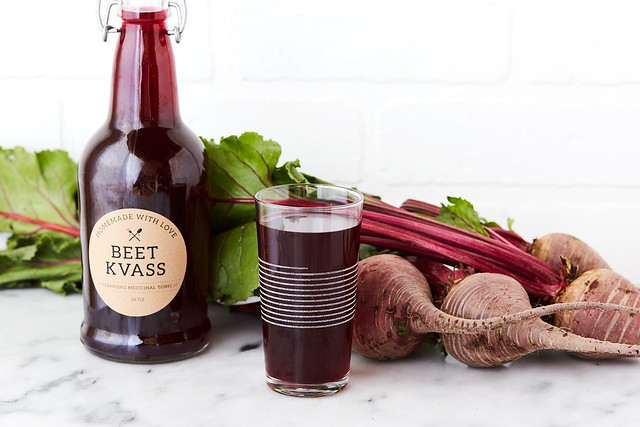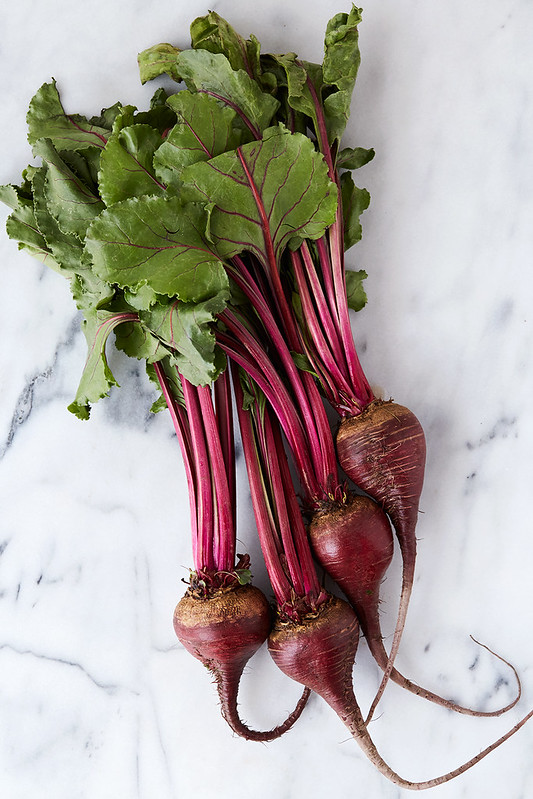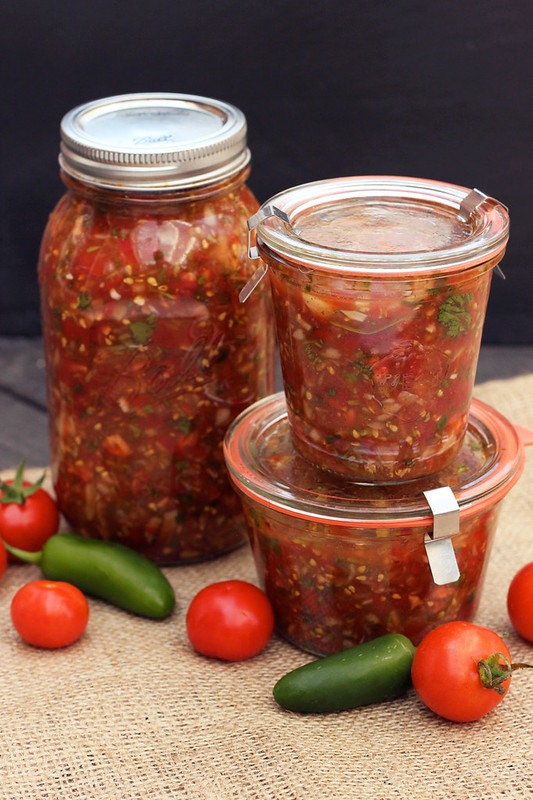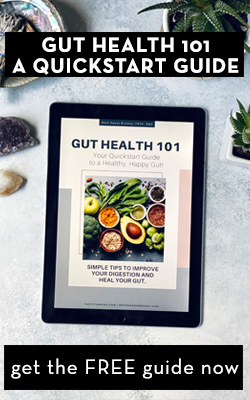-
Kimchi Cauliflower Fried Rice {Keto, Paleo, Whole30}
Easy Keto Kimchi Cauliflower Fried Rice comes together with your favorite protein and it’s ready it just about 15 minutes. This easy and quick Kimchi Cauliflower Fried Rice recipe is also paleo, Whole30 with vegan options. If you have never had Kimchi Cauliflower Fried Rice, life is about to change. Don’t miss this simple Keto Kimchi Cauliflower Fried Rice recipe, made extra easy with my secret weapon!
To know me, it to know my excitement for all things food! More importantly, beyond my simplistic love of food and cooking, it’s the real special things, like knowing where my food comes from, why it’s good for me, the impact that my food choices make on the environment and my health – that’s where I get real giddy. It’s just a true nerdy love affair, from top to bottom.
Anytime I can connect with my food on a deeper level, I jump at the chance. The wonder of the whole process is truly so special to me and I find each bite tastes so much better and each meal is so much more meaningful when I can slow down and acknowledge the full process and the full journey the food took to my plate. Our food is so much more than seeds, soil, sun and water. It’s love, it’s passion and it’s so so much work! We cannot ever take for granted the amount of energy that goes into our food.
-
Probiotic Deviled Eggs // Eggs with Culture Two Ways: Sauerkraut and Kimchi
We’re bringing a little culture to your eggs with these Probiotic Deviled Eggs Two Ways: Sauerkraut and Kimchi. Loaded with fermented goodness and so much flavor, these epic bites take a classic to a whole new place!
After living in Southern California for over 5 years now, I think I have a pretty firm grasp on how things work out here. I also am fairly certain than when the Easter bunny arrives here this week, he expects a certain level of culture when lands here in our beach cities. I intend to give him just that.
Probiotic Deviled Eggs!!! Eggs with Culture! Get it? Oh man – I am punny, huh? ha
-
How-to Make Sauerkraut {+ Video}
Sauerkraut and all it’s live culture, raw, funky smelling goodness, it’s been a favorite of mine for sometime. But, it wasn’t until this past year, while taking on the arduous task of healing my gut, that I have truly learned to love and appreciate this stuff for all of it’s magical healing qualities. I have shared this simple tutorial at workshops, including retreats I have hosted and cooking demos. It’s a very simple process, a food that has been around for thousands of years that produces incredible, tasty and healing results. While not very cumbersome at all, sauerkraut is a timely process, but I can tell you that patience is very much a virtue in this game. It’s worth the wait. For those new to sauerkraut, I do recommend starting out consuming a very small amount, a tablespoon or two, used as a condiment of sorts. As with any fermented or probiotic rich food, too much too soon, even when it’s good bacteria, can have some gnarly affects on your gut. More isn’t always better. Take it slow.
This tutorial offers the step by steps on making small batch sauerkraut, in a glass mason jar. To make a larger batch in a fermentation crock, you can just double or triple the recipe, as necessary.
All You Need:
1 or 2 quart wide mouth glass canning jar or 3 pint size glass jars, with tight fitting lid(s)
1 medium head organic cabbage
1 tablespoon sea salt
additional spices, vegetables or fruit you wish to add
glass mixing bowl
sharp knife and cutting board (or food processor with shredding plate)
HOW IT WORKS:Letting the cabbage ferment at room temperature invites beneficial bacteria to grow via lacto-fermentation. These microorganisms feed on sugars in the vegetables and raise levels of lactic acid, giving fermented foods their tang while also preserving them. Most commercial sauerkraut is required by the FDA to be pasteurized—which effectively destroys all the bacteria in it, including the beneficial bacteria— so making your own sauerkraut at home is definitely a better choice to improve your digestive health.
-
How-to Make Beet Kvass // A Cleansing Medicinal Tonic
How-to Make Beet Kvass // A Cleansing Medicinal Tonic
Part of my journey towards healing my body has been transitioning myself from the standard approach to food consumption that we have all grown up with, eating whatever is served to you or whatever was around and seems right or easy – to instead being able to fully tap into my innate sense of knowing what my body truly needs in the moment and nourishing it in a much more mindful way. Most effective has been the practice slowing down and quieting my mind enough to access this intuition, not just while preparing and actually eating my food, but also harnessing this skill away from meal time – in my yoga and meditation practices. It is in these moments that I truly give myself the space the fully listen to my body and trust that deep down I know what is right.
While this may to you, sound like the beginnings of a meditation series rather than a recipe tutorial, your instincts are not actually far off. For me, this ability to tap into my intuition first came by way of my yoga practice, then it was further developed in my meditation practice and now I find myself opening the fridge and not rummaging through for what I am craving and what sounds good, but rather quieting the chatter of my mind enough to really access the place where my body can communicate to me what it needs. I think in this busy and hectic world we have lost touch with this incredible primal ability to be so in tune with our body and it’s needs and I fear that we are missing out on the opportunity to truly nourish ourselves in a far more effective and meaningful way. Both in the food we eat, but also in the life that we choose to lead.
Recently I was at a new moon sound healing journey, hosted by my friend Brook. As I always do, every few weeks, I showed up for myself. To give myself the much needed time and space for self care, but to also honor my healing path, my guides, and most importantly to set an intention. In my most recent journey, a few weeks back, as we lie there drinking in the healing vibes of the beautiful sound, I found myself receiving messages about what I needed more of, what I should be following and the places that my energy would be best spent. It was powerful, moving and truthfully, it was a little scary (maybe scarier is actually typing it up and sharing it with the world, though).
While much of the messages pertained to my work with others and the new paths I am exploring in my work and as a healer, I also heard, very clearly, certain personal needs that I should explore. To receive very clear messages while meditating isn’t something new to me, but to be told what to do very loudly and very specifically in this manner, this was a first. Without boring you with of the details I will just share the part of that journey that inspired this post. The word beet and images of beets continuously appeared throughout the session. While so much was zipping past me, so many ideas, so many words and images, suddenly rising above the rest, very loudly and clearly I heard: “You need more beets” “Try a beet tonic”. I instantly was reminded of Beet Kvass, something I have tried before, but never actually made for myself.
What is Beet Kvass
Beet Kvass is a healing and cleansing medicinal tonic. A traditional probiotic drink, popular in Eastern Europe, Ukraine and Russia, it is the result of fermentation by friendly Lactobacillus bacteria, which gives it a briny, tangy flavor. Beet kvass has a very interesting flavor combination, that is certainly an acquired taste. A little more intense than the kombucha or sauerkraut we’ve all come to know, it’s earthy, salty, sour, a little sweet and it has that elusive umami flavor – sometimes it’s even a little fizzy.
Benefits of Beet Kvass:
- Rich in Probiotics
- Dense in Valuable Nutrients
- Excellent Liver Cleanser
- Beneficial Blood Tonic that Balances the pH of the Blood
- Reduces the Risk of Cancer from it’s Various Antioxidant and Anti-inflammatory Properties
Created through lacto-fermentation, this nutrient-dense stimulating tonic is loaded with friendly probiotic bacteria and beneficial enzymes, great for intestinal health, aiding in digestion and elimination, it’s an excellent liver cleanser and along with the healthy probiotics, beet’s high levels of vitamin C make this tonic an excellent boost for the immune system. It’s also more hydrating than water, containing a collection of minerals necessary to electrolyte balance in the body. Beets also contain phytonutrients called betalains that are found in the pigment of beets and are what causes your hands to stain. These betalains help create red blood cells, making beet kvass an excellent blood tonic for alkalizing the blood. Beet kvass and beets also help to naturally cleanse the gallbladder, improve bile flow, remove plenty of toxins and promote regularity!
Beet kvass can be drank as a tonic, straight up, it can be used in place of vinegar in cooking or in salad dressings, it’s also a great addition to soup and you can even use it in cocktail, the way you would a vinegar shrub.
From Sally Fallon in Nourishing Traditions (page 610):
This drink is valuable for it’s medicinal qualities and as a digestive aid. Beets are just loaded with nutrients. One 4-ounce glass, morning and night, is an excellent blood tonic, promotes regularity, aid digestion, alkalizes the blood, cleanses the liver and is good treatment for kidney stones and other ailments.
-
Fermented Salsa – Gluten-free, Vegan
First off, I know for many of you, your very first question will likely be “Why?” Why would you ferment salsa? Well, I suppose that could be asked about many things. Why ferment? Admittedly, fermentation and cultured foods is something I am newly interested in and I am still learning a lot about. So, I will just share some of what I have learned about why fermented foods are so good for us.
There is so much more to having a balanced and happy gut than we realize. It is now estimated that over 500 species of bacteria are present in our intestinal track with reports of 50 – 75% of our immune system activity residing there. In our modern world filled with antibiotic drugs, chlorinated water, antibacterial soap and pasteurized foods, we are killing off all of the good bacteria we need to maintain good health and digestion. If we don’t actively replenish this good bacteria that we need, we won’t get the proper nutrients out of the foods we are eating.
Why Ferment?
There are so many healthy enzymes that flourish and live cultures that are created when vegetables are fermented, creating an environment full of probiotics, enzymes and minerals which are important in maintaining healthy digestion and a healthy body. These live cultures, usually bacteria or yeast, that fermented foods contain, help balance the microflora are a little city of tiny organisms in our large intestine that, when working well, help digest fiber, protect us from things we’d rather not absorb like carcinogens, and keep the bowel healthy.
The probiotic good bacteria and enzymes in fermented foods help to populate our gut and intestines with Lactobacilli which are really important for healthy digestion. They also help to eliminate toxins from our body, so eating them will allow your intestines to detox, which is a really good thing! All of this beneficial bacteria (or probiotics) have also been shown to help slow or reverse some diseases, improve bowel health, aid digestion, and improve immunity! I am a huge proponent of taking a daily probiotic, which has changed the way my gut feels on a daily basis.

